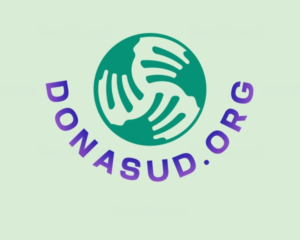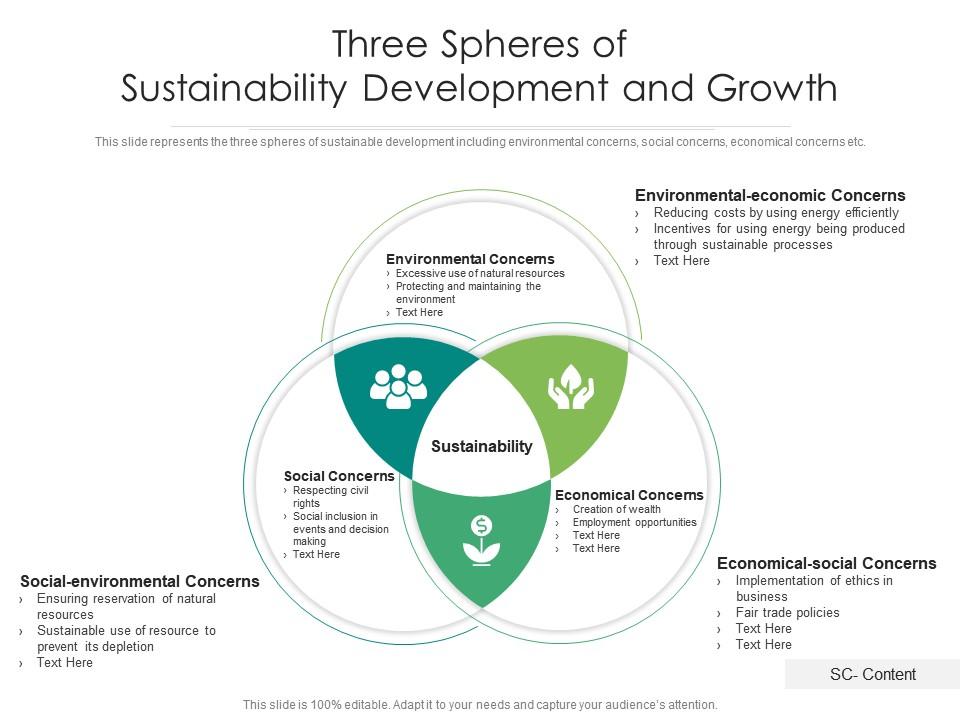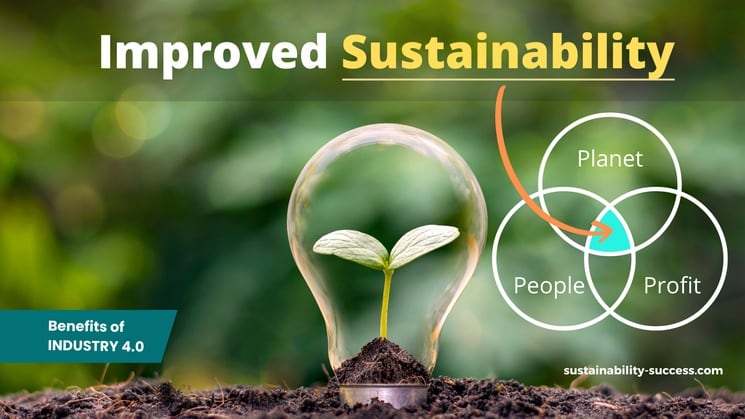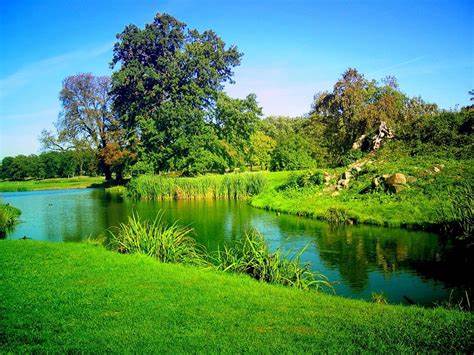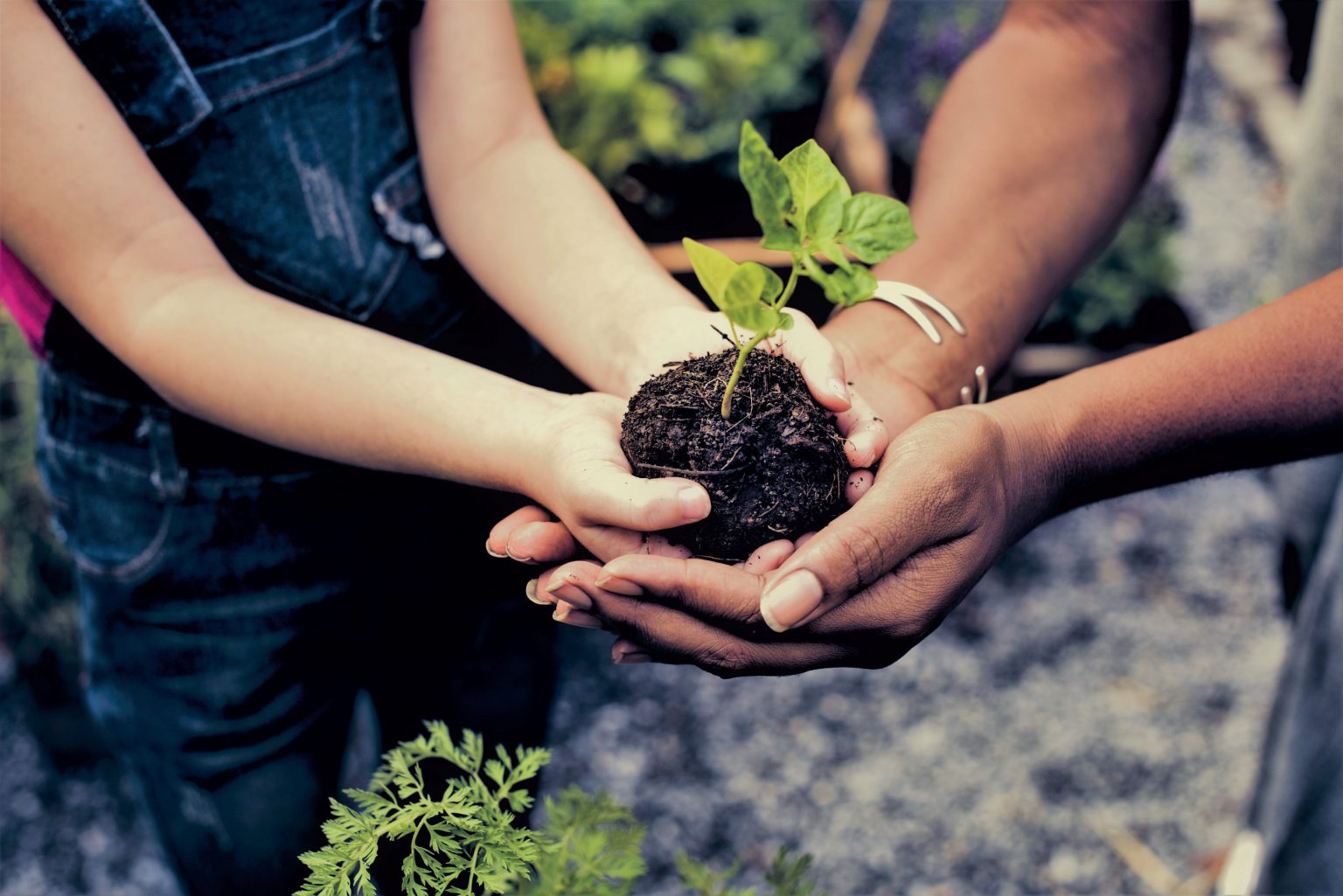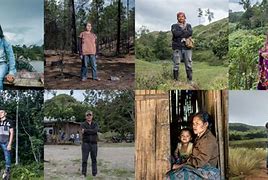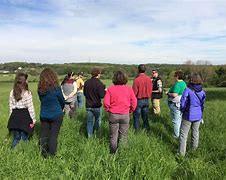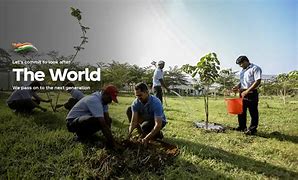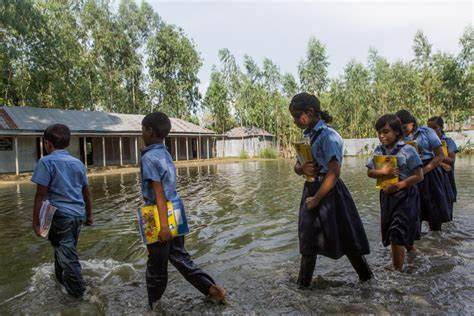PURPOSE
DONASUD is determined to stop or reduce all the human negative impacts on the Environment and to bring health education, and sustainable to the grassroots.
DONASUD is against environmental destruction and biodiversity loss resulting from unsustainable nature resource extraction. Resultant conflicts can lead to violence against and deaths of these defenders.
BENEFITS:
- Investing in Nature-Based Solutions: Seeing nature as a solution can help countries tackle multiple challenges simultaneously, like food and water security, human health, and climate change.
- Increasing the Effectiveness of Protected Areas and Maximizing their Benefits to Local Communities: Protected Forest areas are most effective when the community is a partner and jobs are created, including for indigenous peoples.
- Mobilizing finance: Another way to mobilize finance is through the design and application of financial instruments for conservation such as labeled bonds, transition bonds, sustainability-linked bonds, and insurance products, in the context of biodiversity.
FIRST DEFENDERS
The story is one that The Nature Conservancy believes has implications for many landscapes and peoples around the world. Over the last decade, the Conservancy’s partnerships with Indigenous peoples and local communities have spanned 27 countries and led to the improved management or conservation of more than 235 million acres of land.
Human rights defenders are a critical force for the protection of human rights and integral to the success of other global initiatives like the 2030 Agenda for Sustainable Development. The important work of HRDs has been repeatedly recognized at the international and national levels and their contributions have been vital to protecting the land and the environment, securing just and safe conditions of work, combating corruption, and respecting indigenous cultures and rights, Indeed, through the Declaration on the Right to Development, states agreed that development must be carried out in a manner “in which all human rights and fundamental freedoms can be fully realized” – with the “self-determination of peoples” and the “active, free and meaningful participation” of individuals and populations. DONASUD play a key role in enabling the realization of the right to development.
BENEFITS:
- Secure home, secure environment
- Strong voices, active choices
- Guardians against climate change
- The Great Bear Rainforest
SECURE ENVERIONMENT
The world is at crossroads as global leaders battle to forge a new deal to protect biodiversity at the Convention for Biodiversity (CBD) COP15, underway in Montreal, Canada.
More than 62 percent of the African population depend directly on ecosystem services for food, water, energy, health, and livelihood needs,” the Economic Commission for Africa’s Acting Executive Secretary, Antonio Pedro, explained during a panel discussion moderated by international journalist.
GOALS:
- To end poverty
- Reduce inequality and build more peaceful, prosperous societies.
- Putting an end to risk of the food we eat, the air we breathe, the water we drink and the materials and resources upon which our societies are built.
HEALTH
WATER
We help countries protect and restore freshwater ecosystems to sustain their services for generations to come. Water is fundamental to life on our planet, but this precious resource is increasingly in demand and under threat.
Donasud is also working on early warning of polluting activities to learn if water and fish are safe for human consumption. Helping farming communities adapt to climate change is another key area of Donasud’s climate-and-water work.
GOALS:
- To end poverty
- Reduce inequality and build more peaceful, prosperous societies.
- Putting an end to risk of the food we eat, the air we breathe, the water we drink and the materials and resources upon which our societies are built.
WATER
When children don’t have access to clean water, it affects their health, nutrition, education and learning abilities, thus impacting many aspects of their lives.
Water availability is becoming less predictable in many places. In some regions, droughts are exacerbating water scarcity and thereby negatively impacting people’s health and productivity and threatening sustainable development and biodiversity worldwide. Ensuring that everyone has access to sustainable clean water.
GOALS:
- Safe and affordable drinking water
- End open defecation and provide access to sanitation and hygiene.
- Sanitation and hygiene
- Increase water-use efficiency and ensure freshwater supplies
- Improve water quality, wastewater treatment, and safe reuse
SANITATION
Adequate sanitation is essential to childhood survival and development, improving children’s education, increasing productivity and building resilience in the face of disease and disaster.
Sanitation systems are fundamental for human health and sustainable development, limited focus has been placed on their contributions to climate mitigation and adaptation.
GOALS:
- Safe and affordable drinking water
- End open defecation and provide access to sanitation and hygiene.
- Sanitation and hygiene
- Increase water-use efficiency and ensure freshwater supplies
- Improve water quality, wastewater treatment, and safe reuse
WASH AND CLIMATE CHANGE
The effects of climate change and resulting water scarcity can limit children’s ability to grow up healthy and strong.
Climate change is exacerbating the water crisis for the billions of people around the world who already lack reliable access to safe and sustainable water and sanitation services.
It is worsening the situation of some 771 million people who live without clean water close to home and two billion others who do not have decent toilet of their own.
GOALS:
- Quality education
- Decent work and economic growth
- Reduced inequalities
- Climate action
- Partnerships for the goals
